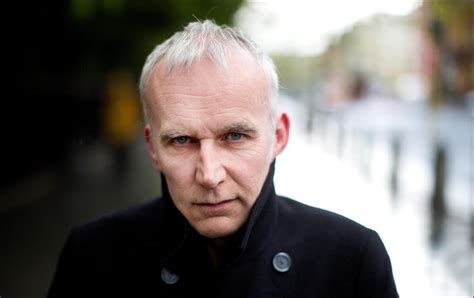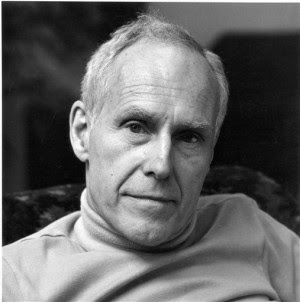A Quote by Margaret Mead
I have been accused of having believed when I wrote Sex and Temperament that there are no sex differences... This, many readers felt, was too much. It was too pretty. I must have found what I was looking for. But this misconception comes from a lack of understanding of what anthropology means, of the open-mindedness with which one must look and listen, record in astonishment and wonder, that which one would not have been able to guess.
Quote Topics
Related Quotes
I just wonder what has been the effect on the human soul of nearly a century in which we have regarded sex on screen as generally better than the sex we actually have, the sex which is, in fact, much better than anything we have seen in the movies, becuase it's sex, after all, and in the movies, it isn't.
I am, I must confess, suspicious of those who denounce others for having too much sex. At what point does a healthy amount become too much? There are, of course, those who suffer because their desire for sex has become compulsive; in their case the drive (loneliness, guilt) is at fault, not the activity as such. When morality is discussed I invariably discover, halfway into the conversation, that what is meant are not the great ethical questions but the rather dreary business of sexual habit, which to my mind is an aesthetic rather than an ethical issue.
I was groomed as a so-called sex symbol, a rival to Marilyn Monroe, and from then on, whenever my picture appeared in paper, it was 'sex kitten,' 'sex symbol,' 'sex goddess,' 'sex pot.' I've accepted it, and I'm flattered, but in some ways, it's been a hindrance to me because I haven't been able to be taken seriously as an actress.
Waiting for Godot was not allowed. Neither was Henry Miller. The Soviets condemned them both. Miller would have been used as an example of decadence, being a very good analyst of how terrible and monstrous American culture was. That they liked, but they wouldn't publish him. I guess it must have been the sex. With Beckett, it must have been the hopelessness.
After being alive, the next hardest work is having sex. Of course, for some people it isn't work because they need the exercise and they've got the energy for the sex and the sex gives them even more energy. Some people get energy from sex and some people lose energy from sex. I have found that it's too much work. But if you have the time for it, and if you need that exercise-then you should do it.
I advocate for people who believe sex work is work. But women have so many avenues open. In the same way, a trans woman or a hijra should have that many doors open. If later on she chooses sex work, that's fine. But she shouldn't have to choose sex work because all the other doors are closed. Every hijra or trans person is not a sex worker. We need our own respect. And whoever chooses sex work after having all doors open, I really respect that.
The real wonder is that so many difficulties should have been surmounted [in the federal convention], and surmounted with a unanimity almost as unprecedented as it must have been unexpected. It is impossible for any man of candor to reflect on this circumstance without partaking of the astonishment. It is impossible for the man of pious reflection not to perceive in it a finger of that Almighty hand which has been so frequently and signally extended to our relief in the critical stages of the revolution.
In your thirties, you're much more comfortable with sex. First of all, sex is something you've done more. You know you can have sex just to have sex; you can have sex with friends; you can have sex with people you love; you can have sex with people you don't like, but the sex is good. And you can joke about sex much more.
"Connected" is the triumphal cry these days. Connection has made people arrogant, impatient, hasty, and presumptuous... I don't doubt that instant communication has been good for business, even for the publishing business, but it has done nothing for literature, and might even have harmed it. In many ways connection has been disastrous. We have confused information (of which there is too much) with ideas (of which there are too few). I found out much more about the world and myself by being unconnected.




































